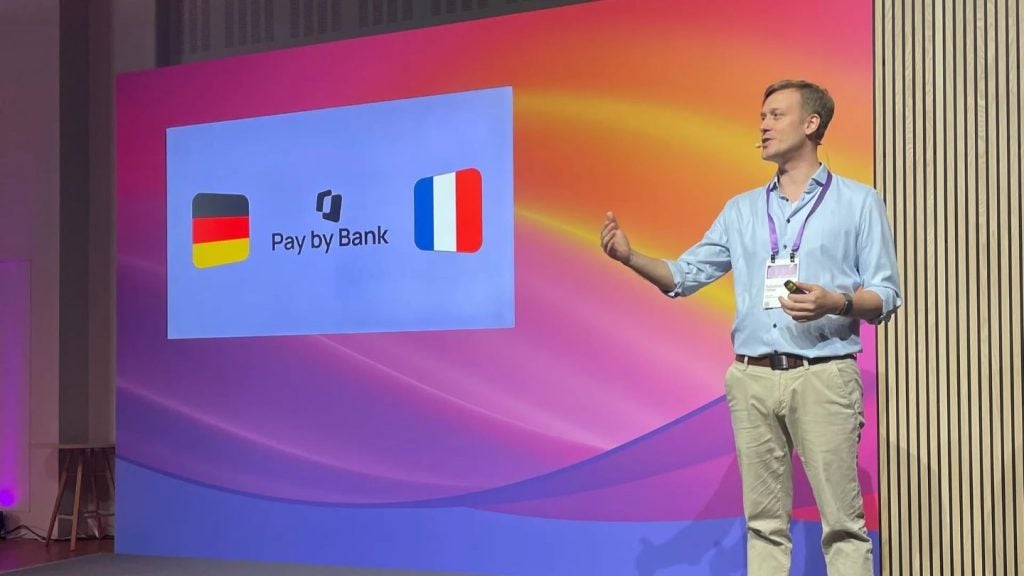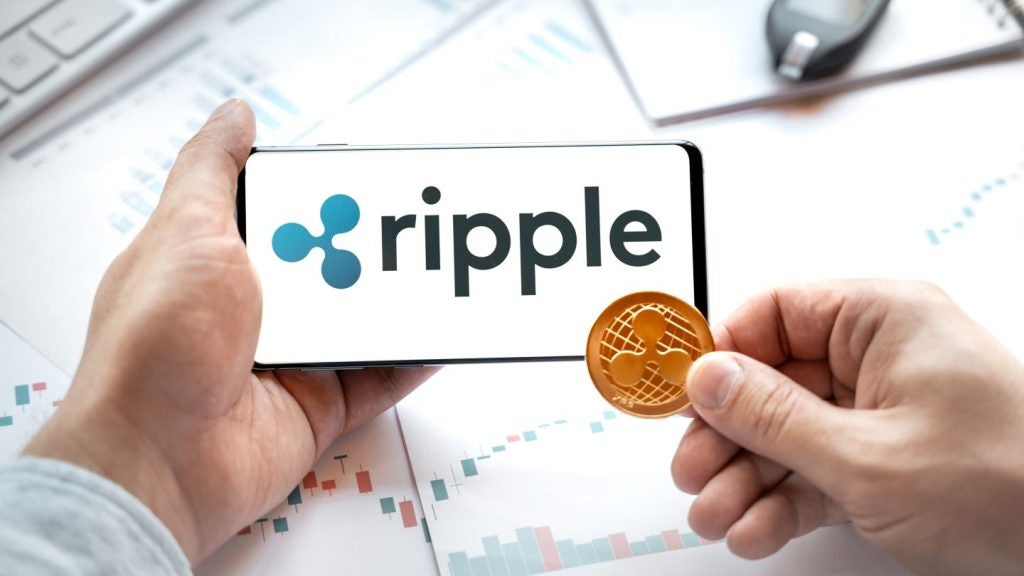UK-based retail banking company NatWest has started testing a new payment process through direct bank transfers, reported The Telegraph.
The trials aim to eliminate the process of entering credit or debit card details every time while paying for online shopping.
NatWest is conducting the trials with mobile phone chain Carphone Warehouse. If successful, other retailers are expected to get associated with the initiative.
Under the new process, the user will be redirected to the NatWest website for authentication while paying for online shopping. The customer can validate themselves through fingerprint authorisation on a mobile phone or by entering their banking login details.
A secure token between the bank and the respective retailer would allow the user to carry out a safe transaction.
The process is expected to streamline payment procedure reducing the NatWest’s own ‘3D secure’ verification steps.

US Tariffs are shifting - will you react or anticipate?
Don’t let policy changes catch you off guard. Stay proactive with real-time data and expert analysis.
By GlobalDataIn April, NatWest collaborated with Vocalink Analytics to improve invoice fraud detection by using machine learning.
It stated that the usage of anti-fraud solution has helped its corporate clients save nearly £7m.







